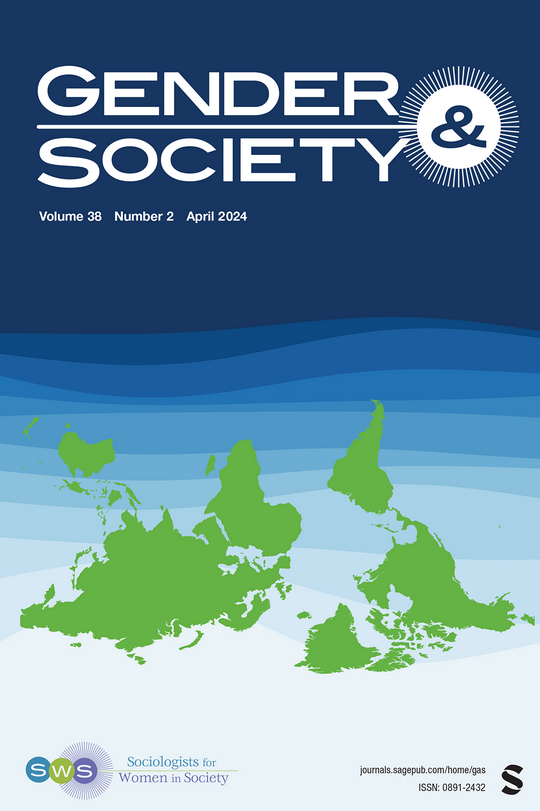女权主义团结还是道德化的身体政治?在线遗传性乳腺癌和卵巢癌社区和女权主义健康政治
IF 3.4
1区 社会学
Q1 SOCIOLOGY
引用次数: 0
摘要
在这篇文章中,我们将乳腺癌幸存者的具体健康行动主义的研究扩展到相对被忽视的点对点群体,现在在网上激增。在2019冠状病毒病期间,我们对患有遗传性乳腺癌和卵巢癌(HBOC)突变的个体进行了深入访谈,因为随着疾病风险的增加,他们在网上异常活跃。我们要求具有不同种族、性别和性身份的参与者了解在线体验,以理解团结和行动主义,特别是在新自由主义强调承担个人责任以克服健康风险的背景下。我们发现(1)大多数人报告说找到了团结和分享经验知识,然而,克服癌症的积极提升的愿望导致了一种道德的排斥和个人责任的身体政治;(2)这种边界的划定,特别是在乳房重建方面,与社会运动学者的更大教训有矛盾的含义。虽然边界划定在内部人士之间建立了团结,但它威胁到了与他人的联系,就像限制第二波女权主义的意识形态和身份政治一样。在我们的例子中,边界划定限制了越界的身体政治,留下了异性恋女性气质的道德身体政治。本文章由计算机程序翻译,如有差异,请以英文原文为准。
Feminist Solidarity or Moralized Body Politics? Online Hereditary Breast and Ovarian Cancer Communities and Feminist Health Politics
In this article, we extend the study of the embodied health activism of breast cancer survivors to the relatively neglected peer-to-peer groups now proliferating online. We conducted in-depth interviews during COVID-19 with individuals with hereditary breast and ovarian cancer (HBOC) mutations because, with heightened risk of disease, they are unusually active online. We asked participants with diverse racial-ethnic, gender, and sexual identities about online experiences to understand solidarity and activism, particularly within the context of a neoliberal emphasis on taking individual responsibility to overcome health risks. We found that (1) most reported finding solidarity and shared experiential knowledge, yet desires for positive uplift to overcome cancer led to a moralized body politics of exclusion and individualized responsibility, and (2) such boundary making, particularly over breast reconstruction, has contradictory implications with larger lessons for social movement scholars. While boundary making builds solidarity among insiders, it threatens connections to others, as was also the case with the ideological and identitarian politics that limited second-wave feminism. In our case, boundary making limits transgressive body politics, leaving a moralized body politics of heteronormative femininity.
求助全文
通过发布文献求助,成功后即可免费获取论文全文。
去求助
来源期刊

Gender & Society
Multiple-
CiteScore
9.70
自引率
3.60%
发文量
78
期刊介绍:
Gender & Society promotes feminist scholarship and the social scientific study of gender. Gender & Society publishes theoretically engaged and methodologically rigorous articles that make original contributions to gender theory. The journal takes a multidisciplinary, intersectional, and global approach to gender analyses.
 求助内容:
求助内容: 应助结果提醒方式:
应助结果提醒方式:


